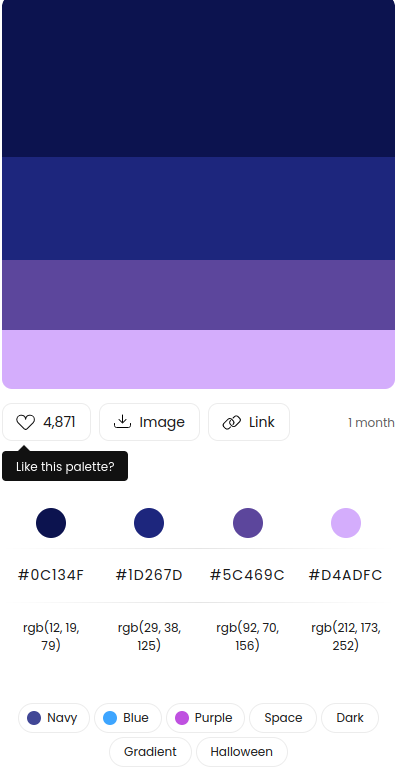to work on this team and all the working goes smoothely there is some rules you have to follow:
- for each feature you have to create new brance and the name of the branch will describe the feature you want to add
- do not ever under any circumstance change directly on the master branch
- do not use git add . or * , instead add only the files that you have changed
- each commit must only contain one change, and the commit message must be descriptive
- for each feature you have to make a pull request that will be reviewd and merged by otossa
- do not add any irrelevent files (include them in the git ignore instead)
- you must write small function that do one thing
- do not repeat your self
- all the variables related to the configuration or secret keys and tokens will be stored on .env file
- all .env file must be encluded on .gitignore so they will not be staged
- variables must be camel case and must describe what it used to store
- methods must be camel case and must describe what it do
- classes must be in pascal case
- for html classes and id's must be in cabab case
this broject will be written in this stack: - nestjs for the backend - vuejs for the front end (vuetify as component library, pinia as state management system) - nginx to serve the application - postgres as DBMS - docker , all this will be dockerized, - for development there will be docker-compose-dev.yml that will run the project on the watch mode - for production there will be docker-compose.yml that will build the project for production
primary color: #0C134F
to run the project for dev on the watch mode run the command on the project root direcotry:
docker compose up -f docker-compose-dev.ymlusers: - id (uuid) - username (intra login editable) - avatar (path to image can be uploaded, intra image initially) - fullname - password ()
messages: - id - user_id - conversation_id - content
conversations: - id
conversation_users: - id - conversation_id - user_id
rooms: - id - name - type (public|protected|private) - password (if protected by a password) - owner
room_users: - id - room_id - user_id - role
room_messages: - id - room_id - user_id - content
games: - id - host_id (first user in the lobby) - get_id (second user) - status (finished | live) - winner_id (if finished id of the user that wins) test hooks
data will be expected on user profile
type Game = {
id: string
winner: User
guest: User
host: user
}
type UserGame = {
game: Game
score: int
opponentScore: int
opponent: User
}
type user = {
id: string
username: string
avatar: string
email: string
games: Usergame
level: Level
leag: Leag
globalRank: Rank[]
localRank: Rank[]
}
type Leag = {
id: string
maxPoits: int
image: string
}
type Level = {
user: User
points: int
}
type Rank = {
userId: string
usename: string
points: int
rank: int
leagName: string
}
type Acheivments = {
id: int
name: string
}deploy try 3
